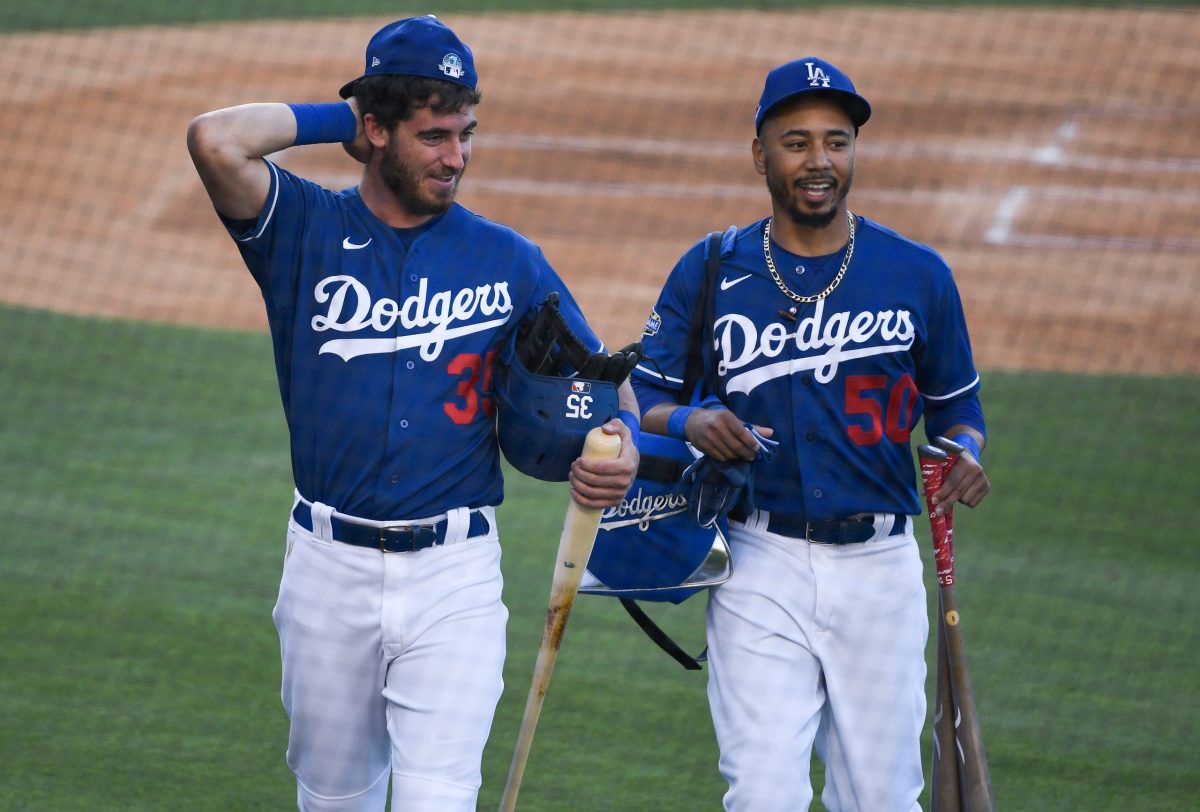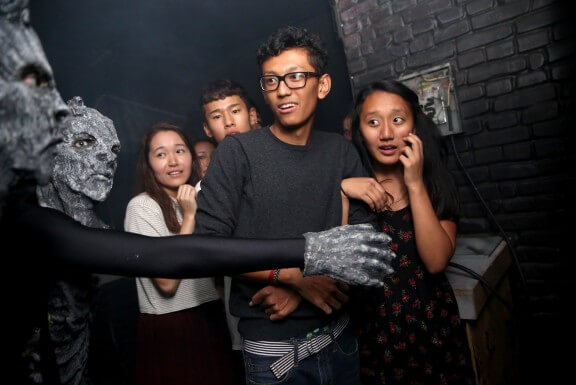 Rory and Lorelei Gilmore have an aspirational relationship, according to psychoanalyst Dr. Jennifer Kunst.
Rory and Lorelei Gilmore have an aspirational relationship, according to psychoanalyst Dr. Jennifer Kunst.
Credit: The CW
Was it a nice weekend outside? “Gilmore Girls” fans wouldn’t know, as they likely spent the weekend in front of Netflix, watching the mother-daughter dramedy that reminded us to call our moms just a little more often.
Lorelei and Rory Gilmore have the kind of mother-daughter relationship that many wish they could have, but the show did omit a crucial element, according to psychoanalyst Dr. Jennifer Kunst.
“One of the cool things about ‘Gilmore Girls’ that draws people in is that they’re so bonded to each other,” she says. But “they don’t deal too much with what ordinary mothers and children have to deal with, which is the other side of that: being separate.”
With 20 years of experience, Kunst says parent-related complaints are the second most common from patients at her practice, which she addresses in her new book, “Wisdom from the Couch.” We asked her how realistic “Gilmore Girls” was and what makes relationships with our parents difficult.
Why did the show resonate with so many people?
There was a mix of real-life struggle, and people really trying to improve themselves and providing each other support indoing so. And the other thing is the relationship that Lorelei and Rory have with each other — it’s an ideal, it’s what we all wish we could have and is probably not actually possible in real life, but there is something beautiful about it that is an aspiration, in a way.
Should moms and daughters be friends?
When you’ve got little ones in particular, friendship is a component of the relationship, but there is so much discipline and learning involved that friendship can’t be, in a healthy way at least, at the center. But when we grow up and we have lives of our own, then we can return to that relationship with our mother, still mother-daughter but the growing and the discipline that mom needs to help us with has been established and friendship can take a more central role.
Why are relationships with parents complicated?
We have a sense of [our parents] that starts when we’re babies thinking that they are bigger than life, they are all powerful. We adore them, we fear them, and that makes our relationship particularly with mom and dad so powerful. Because it’s not only based in reality — it’s based in our fantasy, what we imagine them to be and what we can’t imagine them to be.
What makes a good parent?
I call it either loving discipline or disciplined love: There is a balance between those positive, affectionate, close-bonded feelings and the ability to be firm or to step back and let the child become their own person, which can be very difficult for moms to do. The challenge for children is to be able to depend on their parents for help and guidance.
Lorelei couldn’t lean on her mom. Can that affect a person?
If you don’t have a mother who believes in you, it’s a real blow in self-confidence. There are lots of ways that can show itself in life, whether it’s not having very good relationships, promiscuity, drug abuse, depression, all the many avenues that we can take to cope with the feeling that we’re not lovable.
What effect does being a young mom have?
Lorelei is still growing up herself, and you can see in that relationship — this is fairly common in real life — that there’s a lot of pressure on the child to mother the parent, if the parent is young and also doesn’t have parents that they can turn to.
Follow Eva Kis on Twitter @thisiskis or email eva.kis@metro.us.






















